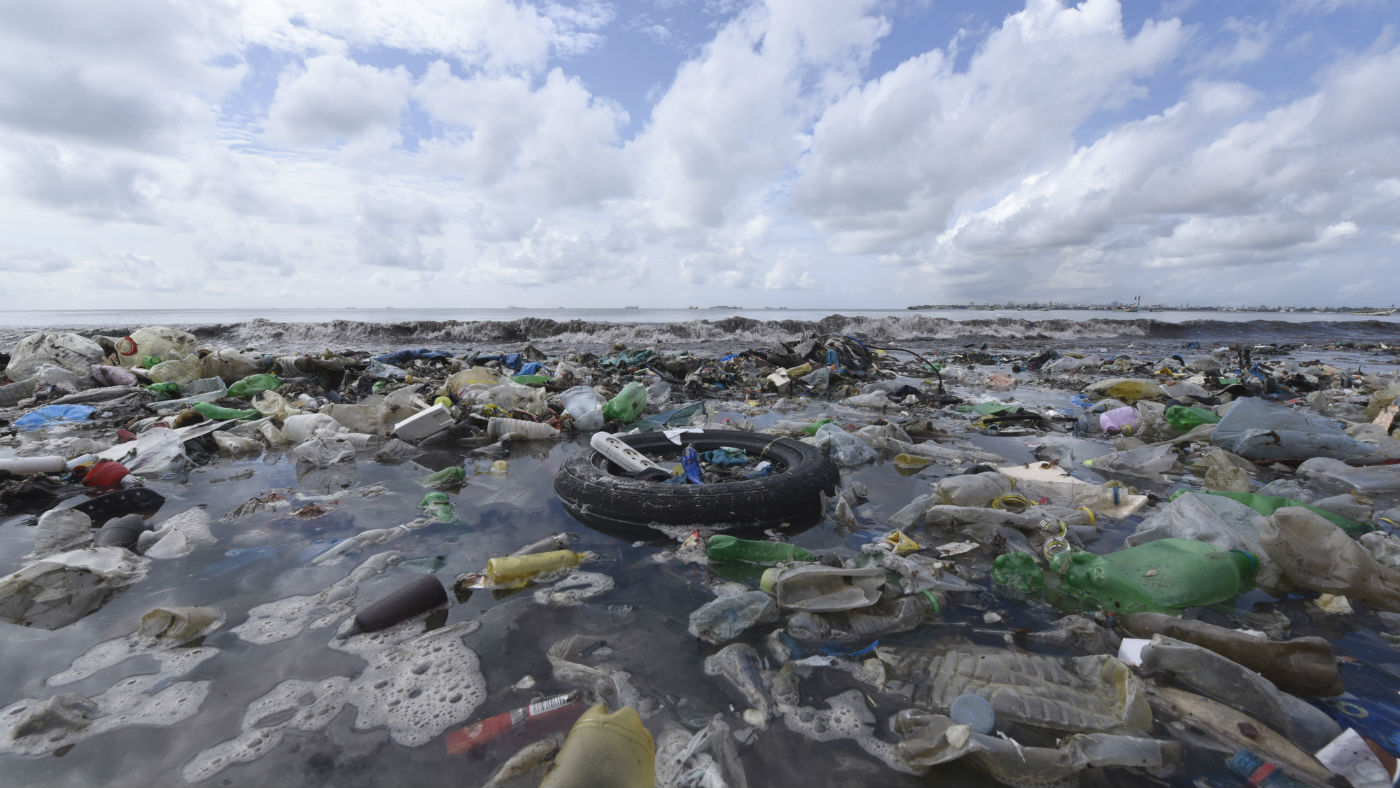Government plastic ban: which products are affected?
Michael Gove will ban straws, stirrers and cotton buds in crackdown on pollution

A free daily email with the biggest news stories of the day – and the best features from TheWeek.com
You are now subscribed
Your newsletter sign-up was successful
The Government has announced that it will bring in new controls on plastic items from next April.
In a statement, the Department for Environment, Food and Rural Affairs (Defra) says it “has confirmed a ban on plastic straws, drinks stirrers, and plastic stemmed cotton buds in England”.
Defra cites “overwhelming public support for the move”, claiming its public consultation saw “over 80% of respondents back a ban on the distribution and sale of plastic straws, 90% a ban on drinks stirrers, and 89% a ban on cotton buds”.
The Week
Escape your echo chamber. Get the facts behind the news, plus analysis from multiple perspectives.

Sign up for The Week's Free Newsletters
From our morning news briefing to a weekly Good News Newsletter, get the best of The Week delivered directly to your inbox.
From our morning news briefing to a weekly Good News Newsletter, get the best of The Week delivered directly to your inbox.
Environment Secretary Michael Gove said: “Urgent and decisive action is needed to tackle plastic pollution and protect our environment. These items are often used for just a few minutes but take hundreds of years to break down, ending up in our seas and oceans and harming precious marine life.”
He added that he hopes his move will “ensure we leave our environment in a better state for future generations”. The London Evening Standard says that the measures mean “millions of pounds could be saved annually on clean-up efforts of used plastics”.
An estimated 4.7bn plastic straws, 316m plastic stirrers and 1.8bn plastic-stemmed cotton buds are used each year in England. The government says around 10% of cotton buds are flushed down toilets, often ending up in waterways and oceans.
Currently, around 150m tonnes of plastic are thought to pollute the world’s oceans and every year one million birds and over 100,000 sea mammals die from eating or getting tangled in plastic refuse.
A free daily email with the biggest news stories of the day – and the best features from TheWeek.com
There are already questions over whether the ban goes far enough to address the issue. The Times points that an exemption for pubs and restaurants “will allow them to issue plastic straws on request”.
Greenpeace said “these bans only scratch the surface” and called for “bigger bolder action from this Government”. Surfers Against Sewage described it as “a really positive and bold step in the right direction in the battle against plastic pollution”.
The wildlife charity WWF said Gove’s move was “a welcome first step, but we need to see the government really ramp up their commitments on reducing plastic waste”.
Gove’s announcement came after the European Union announced that member states would introduce a much wider ban on single-use plastic items in two years’ time.